 Hamlet posed his existential quest for life with the famous phrase “To be or not to be, that is the question.” I woke up this morning wrestling with a somewhat different question. I wanted to go back to sleep. It was too early to get up. It was dark and cold. I did not want to leave my nice warm bed but something inside of me was in war over the question of whether I can make a difference or not in the world. Am I a fool and charlatan or a man with meaning and purpose? You might say it was my pessimist side fighting with my optimist side. It seemed more like my nihilist attitudes battling with my existentialist attitudes. Or perhaps it is my cynicism versus my somewhat subdued optimism. I will simply call these two voices “Doom and Gloom” versus “Hope and Possibilities.” The struggle between the two voices went as follows.
Hamlet posed his existential quest for life with the famous phrase “To be or not to be, that is the question.” I woke up this morning wrestling with a somewhat different question. I wanted to go back to sleep. It was too early to get up. It was dark and cold. I did not want to leave my nice warm bed but something inside of me was in war over the question of whether I can make a difference or not in the world. Am I a fool and charlatan or a man with meaning and purpose? You might say it was my pessimist side fighting with my optimist side. It seemed more like my nihilist attitudes battling with my existentialist attitudes. Or perhaps it is my cynicism versus my somewhat subdued optimism. I will simply call these two voices “Doom and Gloom” versus “Hope and Possibilities.” The struggle between the two voices went as follows.
Doom and Gloom: You have nothing to live for. Your life is a waste. You have screwed up more things than you have made right. No one cares what you think. You are not making a shred of difference in the world.
Hope and Possibilities: If you quit now, what were all your struggles and efforts for? You must believe in yourself; you can make a difference.
Doom and Gloom: Show me any of your successes. Do you have a single win in life that you can feel proud of or that you can say really changed the world or made a difference?
Hope and Possibilities: Do you remember what Mother Teresa once said “I am not called on to make a difference, I am called on to have faith.” You may never know if you are making a difference in the world but like buying a lottery ticket if you don’t buy one you can never win.
Doom and Gloom: You have about as much chance of making a difference in the world as you do of winning the lottery. Nobody cares about what you think or say.
Hope and Possibilities: History is made by people who did not give up. Look at all the people who made a difference by their examples. Jesus, Socrates, Mandela, Rosa Parks.
Doom and Gloom: It goes without saying that you are no Jesus or even a Rosa Parks. Many of the people that you mention were martyrs. Do you aspire to make a difference by being a martyr?
Hope and Possibilities: I have been willing to take risks all of my life. I have stood up for people. I have stood against bullies. I have risked any reputation or career advancement to stand up for integrity and morality. No, I do not want to die for what I believe. I would like to live a long and happy life. But I will not change my beliefs to pacify or to conform to what others want to hear.
Doom and Gloom: That is why you will never be successful in making a difference. No one wants to hear your political diatribes and rants. Your opinions are like raindrops on a duck’s ass. People just want to be happy, and you are trying to make people unhappy.
Hope and Possibilities: Probably true. Over the years, I have said many things that people reject or that they think are even stupid ideas. I have been guided by a desire to change how people think and what they see. Einstein once said that “We can’t solve problems by using the same kind of thinking we used when we created them.” I have tried to think out of the box. I see the world so different than so many people I know.
Doom and Gloom: And what did this get you? Converts? No, enemies, loss of friends, arguments, disillusionment. There is also a saying that goes “Insanity is defined by doing the same things and expecting different results.” You my friend, are bordering on insanity. Your blogs and writings have not made one bit of difference in the world.
Hope and Possibilities: I have about two thousand readers each month who look at my blog and many of them have left positive comments.
Doom and Gloom: You are preaching to the choir. You are not reaching the people who will make a difference in the world. You have a small fan club. You do not get as many hits on your site in a month as Kim Kardashian gets in one hour on her site.
Hope and Possibilities: If you want to hurt someone, you really know how. If I make a difference with one person, I want to believe it makes my efforts worthwhile.
Doom and Gloom: Sure, go ahead and keep telling yourself that myth. You know you would really like to have more people listen to your ideas and to help support some of them. Over the years, I have seen so many ideas come from your feeble brain and to date, I have not seen a single one of them adopted by anyone with the power or influence to implement them. Ideas by themselves cannot make a difference. You need power and action.
Hope and Possibilities: You are depressing me. I want to say that you are wrong. I am losing this battle. I am not sure that I have anything left to say that could change your mind.
Doom and Gloom: Maybe it is about time that you wake up and smell the roses. If you need a purpose or goal in life, perhaps it is time to pick something else. Time to stop being a Boy Scout. The world will little care or long remember anything you say here.
Hope and Possibilities: I guess this is where being an atheist is a liability. I cannot fall back on Jesus, God, Saints, Zeus, Odin or any other supernatural being for help or for divine intervention. I can only go on by faith in myself and by believing that whether or not I make a difference, I cannot give up trying. I may not be the best in the world but I won’t lay down and do nothing.
Doom and Gloom: The final words of a fool.
Hope and Possibilities:
“Just because an apple falls one hundred times out of a hundred does not mean it will fall on the hundred and first.” ― Derek Landy
I finally slid out of bed after kissing my wife “good morning.” It was still dark and cold. I went into the bathroom to take my morning shower. My mood brightened considerably but I still have not resolved the battle with myself. I sometimes doubt that I ever will. I need to be grateful today for what I have. I need to help someone else and stop struggling with my ideas of success and failure. I need to practice love and gratitude and not whether or not I have made a difference in the world.
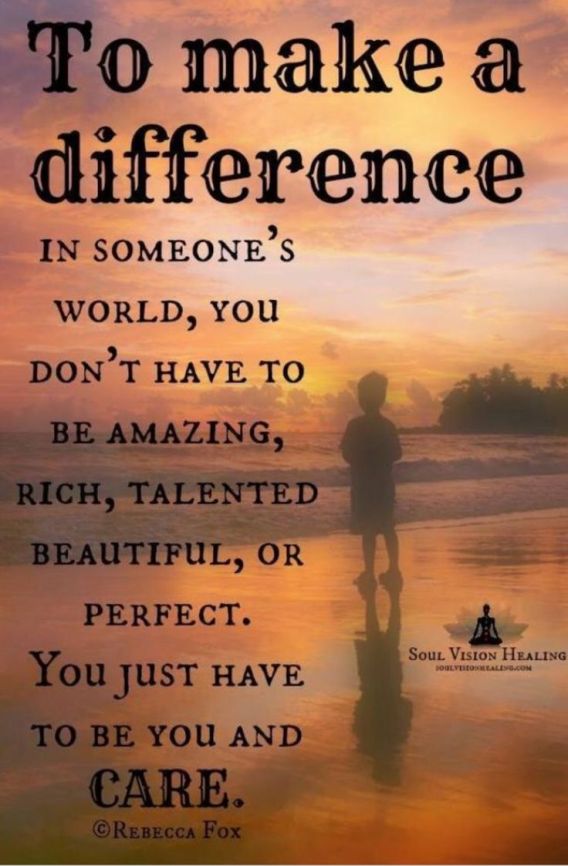
 Years ago, religions enforced what I would call a pseudo moral code through the power of the state to enact laws desired by the most powerful religions. This of course reflected the power that religions had in society back when you could go to hell for missing mass on Sunday. Gambling was verboten. There was legalized horse race betting in only a few states, and a few states had some other sports such as greyhound racing or Jai Alai which you could bet on. Legally, you could only place bets at the venue. Of course, organized crime found it very lucrative to offer “off track” betting. Every street corner where I grew up had a bookie some place or other. And of course, the numbers game was a very popular way for fools to lose their money. Sports betting was done privately, and casino gambling did not start in Las Vegas until 1931. It had been legal earlier but was outlawed in 1910 and not legalized until 1931. The only lottery I ever heard of when I was growing up had to do with the Irish Sweepstakes. There must have been some way to buy these tickets, but I never investigated it.
Years ago, religions enforced what I would call a pseudo moral code through the power of the state to enact laws desired by the most powerful religions. This of course reflected the power that religions had in society back when you could go to hell for missing mass on Sunday. Gambling was verboten. There was legalized horse race betting in only a few states, and a few states had some other sports such as greyhound racing or Jai Alai which you could bet on. Legally, you could only place bets at the venue. Of course, organized crime found it very lucrative to offer “off track” betting. Every street corner where I grew up had a bookie some place or other. And of course, the numbers game was a very popular way for fools to lose their money. Sports betting was done privately, and casino gambling did not start in Las Vegas until 1931. It had been legal earlier but was outlawed in 1910 and not legalized until 1931. The only lottery I ever heard of when I was growing up had to do with the Irish Sweepstakes. There must have been some way to buy these tickets, but I never investigated it.
 Whiskey can now be purchased almost 24/7 in many states. You can buy it in grocery stores, gas stations, bars, and convenience stores. Perhaps no substance has been more abhorred by religions than whiskey. Benjamin Franklin said that “Beer is proof that God loved man and wanted him to be happy.” However, this was not the attitude of most religious organizations. Temperance movements motivated by so called moral considerations did their best to ban alcohol in the US. It is illegal in thirteen countries in the world. Several of the world’s major religions ban the use of alcohol. There are seventy-five scripture (Bible) warnings against the drinking of alcohol. Is it any wonder that so many religions have prohibited the drinking of alcohol.
Whiskey can now be purchased almost 24/7 in many states. You can buy it in grocery stores, gas stations, bars, and convenience stores. Perhaps no substance has been more abhorred by religions than whiskey. Benjamin Franklin said that “Beer is proof that God loved man and wanted him to be happy.” However, this was not the attitude of most religious organizations. Temperance movements motivated by so called moral considerations did their best to ban alcohol in the US. It is illegal in thirteen countries in the world. Several of the world’s major religions ban the use of alcohol. There are seventy-five scripture (Bible) warnings against the drinking of alcohol. Is it any wonder that so many religions have prohibited the drinking of alcohol. Now there may be some of you reading my blog and expecting a fire and brimstone sermon regarding the sins of humanity and the temptations of the devil. Nothing could be further from my mind. I am not advocating going back to the religious sanctions or beliefs that fueled so much of our political system. In the first place, they were misguided and in the second place they penalized those who could practice moral virtues along with those most reluctant. I could never understand why I could not buy liquor on Sunday or after 10 PM on weekdays or in a grocery store. I have never received a DUI or even a warning for driving drunk.
Now there may be some of you reading my blog and expecting a fire and brimstone sermon regarding the sins of humanity and the temptations of the devil. Nothing could be further from my mind. I am not advocating going back to the religious sanctions or beliefs that fueled so much of our political system. In the first place, they were misguided and in the second place they penalized those who could practice moral virtues along with those most reluctant. I could never understand why I could not buy liquor on Sunday or after 10 PM on weekdays or in a grocery store. I have never received a DUI or even a warning for driving drunk. The government has always been in the marketing business. They would market “SIN” if they could find a way to sell it or allow it to be sold. In some respects, they are already doing that with the legalization of gambling and their promotion of bigger and bigger lotteries. The poor buy more and more tickets when the odds go ever higher against anyone winning. Powerball’s odds are 1 in 292 million, and the combined populations in the states where tickets are sold equal nearly 320 million. What would anyone do with 2 billion dollars? (As I write this, the lottery of 2.0 billion has been won by a single person in California)
The government has always been in the marketing business. They would market “SIN” if they could find a way to sell it or allow it to be sold. In some respects, they are already doing that with the legalization of gambling and their promotion of bigger and bigger lotteries. The poor buy more and more tickets when the odds go ever higher against anyone winning. Powerball’s odds are 1 in 292 million, and the combined populations in the states where tickets are sold equal nearly 320 million. What would anyone do with 2 billion dollars? (As I write this, the lottery of 2.0 billion has been won by a single person in California)

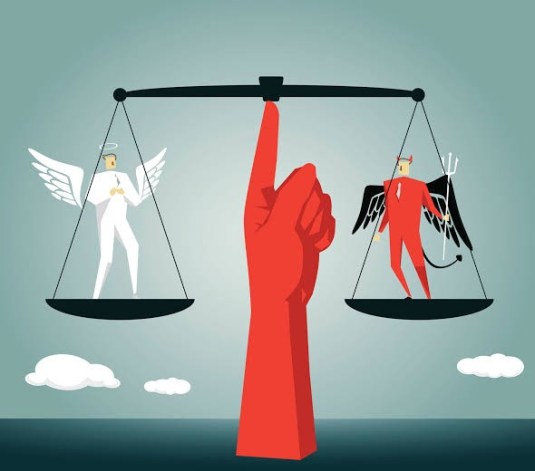

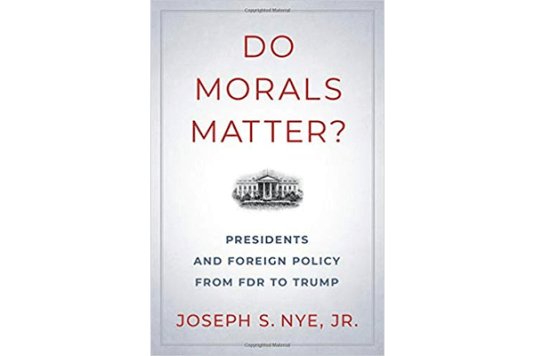 Thus, the uncoupling of Church and State in the constitution of the United States set the stage for a catastrophic imbalance between Moral Policy and Economic Policy. Over the years, the lack of influence in organized religions at the political level was abetted by the horrendous influence and power of Economic Policy. If Moral Policy was once the heart of a religion, it was supplanted by an Economic Policy which has become the main religion in America. This policy states that more is better and that you can never be too rich or have too much stuff.
Thus, the uncoupling of Church and State in the constitution of the United States set the stage for a catastrophic imbalance between Moral Policy and Economic Policy. Over the years, the lack of influence in organized religions at the political level was abetted by the horrendous influence and power of Economic Policy. If Moral Policy was once the heart of a religion, it was supplanted by an Economic Policy which has become the main religion in America. This policy states that more is better and that you can never be too rich or have too much stuff. What we once believed was a great political innovation to separate Church and State has led to this imbalance. There was no place in the state for religion and no place in religion for politics. America’s dominant dream for peace, justice and equality was replaced with a dream for more money, more power and more fame. The push by the State for this dream dwarfed any efforts by religion to provide a moral balance and the State had no legitimacy for morality. People are cast adrift amidst a chaotic and vicious ocean of competition for more and more stuff. No moral anchors exist that are powerful enough to counterbalance the tide of greed that this has brought to our shores. Guns have replaced morality as citizens arm themselves to prevent imagined attacks at taking away their STUFF.
What we once believed was a great political innovation to separate Church and State has led to this imbalance. There was no place in the state for religion and no place in religion for politics. America’s dominant dream for peace, justice and equality was replaced with a dream for more money, more power and more fame. The push by the State for this dream dwarfed any efforts by religion to provide a moral balance and the State had no legitimacy for morality. People are cast adrift amidst a chaotic and vicious ocean of competition for more and more stuff. No moral anchors exist that are powerful enough to counterbalance the tide of greed that this has brought to our shores. Guns have replaced morality as citizens arm themselves to prevent imagined attacks at taking away their STUFF.
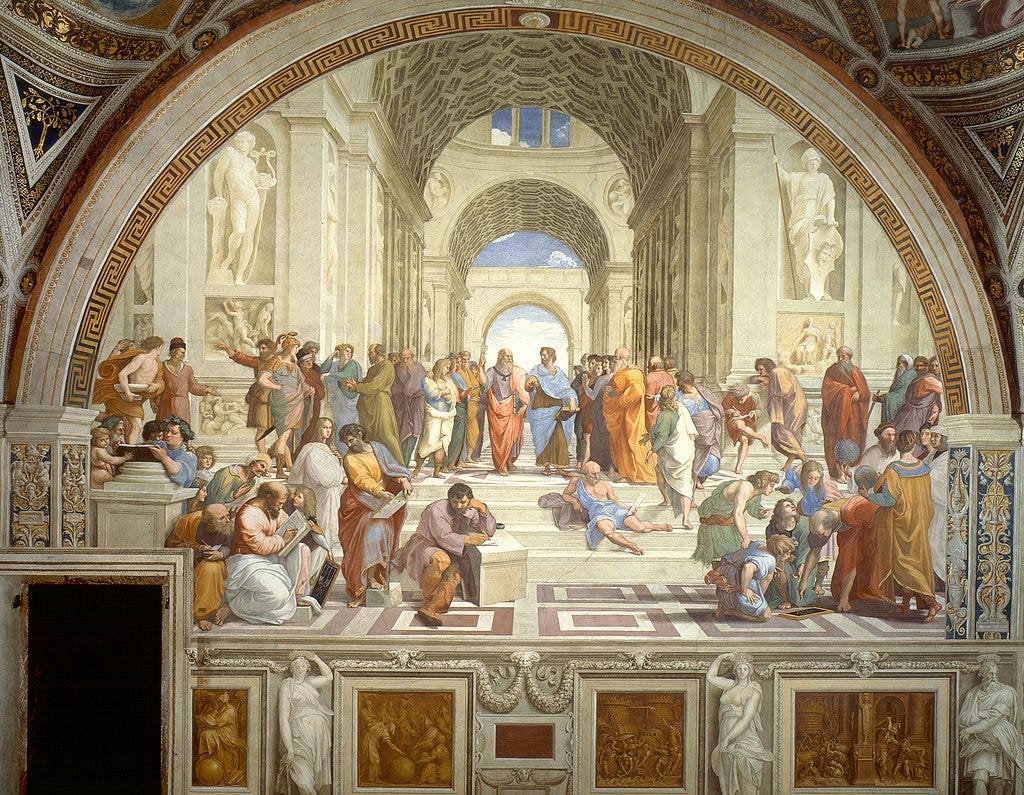

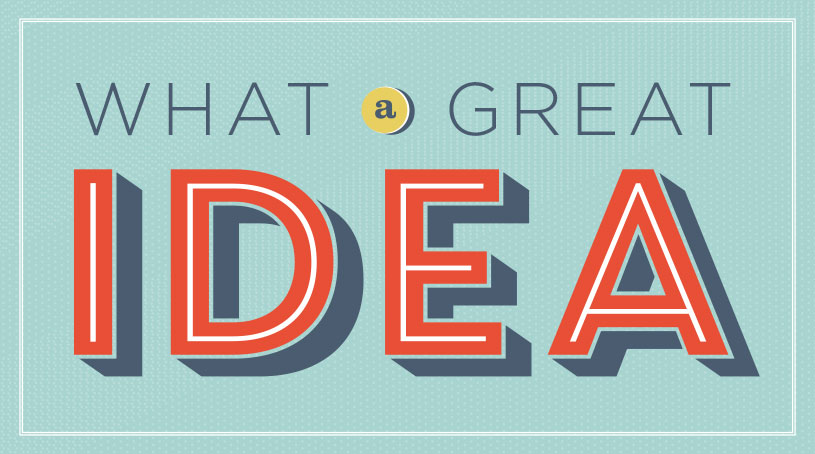
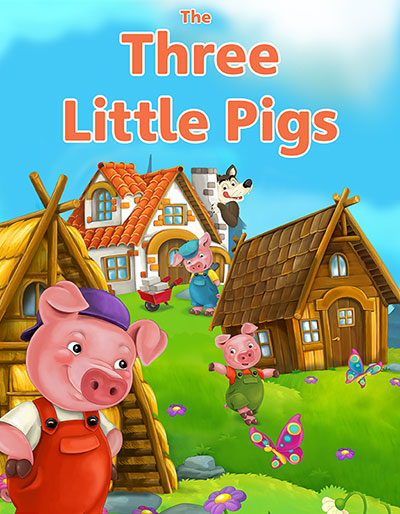 If you think about the ideas or premises or nostrums that guide your life, you will soon notice that we have many ideas that along our journey we have adopted. The sources of these ideas are vast. Fairy tales and children’s stories give us ideas such as “A stitch in time saves nine” or the “The race does not always go to the swift” or “Those who do not plan ahead may starve in the winter.” Many of our ideas about living no come from our parents and family. My mother used to say such things as “Ignorance is bliss” and “If you give them enough rope, they will hang themselves.” My father was fond of saying “Believe nothing of what you hear and only half of what you see.” He also used to like to say, “You have nothing to fear from the dead, only the living.” These two later beliefs have guided a great deal of my life.
If you think about the ideas or premises or nostrums that guide your life, you will soon notice that we have many ideas that along our journey we have adopted. The sources of these ideas are vast. Fairy tales and children’s stories give us ideas such as “A stitch in time saves nine” or the “The race does not always go to the swift” or “Those who do not plan ahead may starve in the winter.” Many of our ideas about living no come from our parents and family. My mother used to say such things as “Ignorance is bliss” and “If you give them enough rope, they will hang themselves.” My father was fond of saying “Believe nothing of what you hear and only half of what you see.” He also used to like to say, “You have nothing to fear from the dead, only the living.” These two later beliefs have guided a great deal of my life.





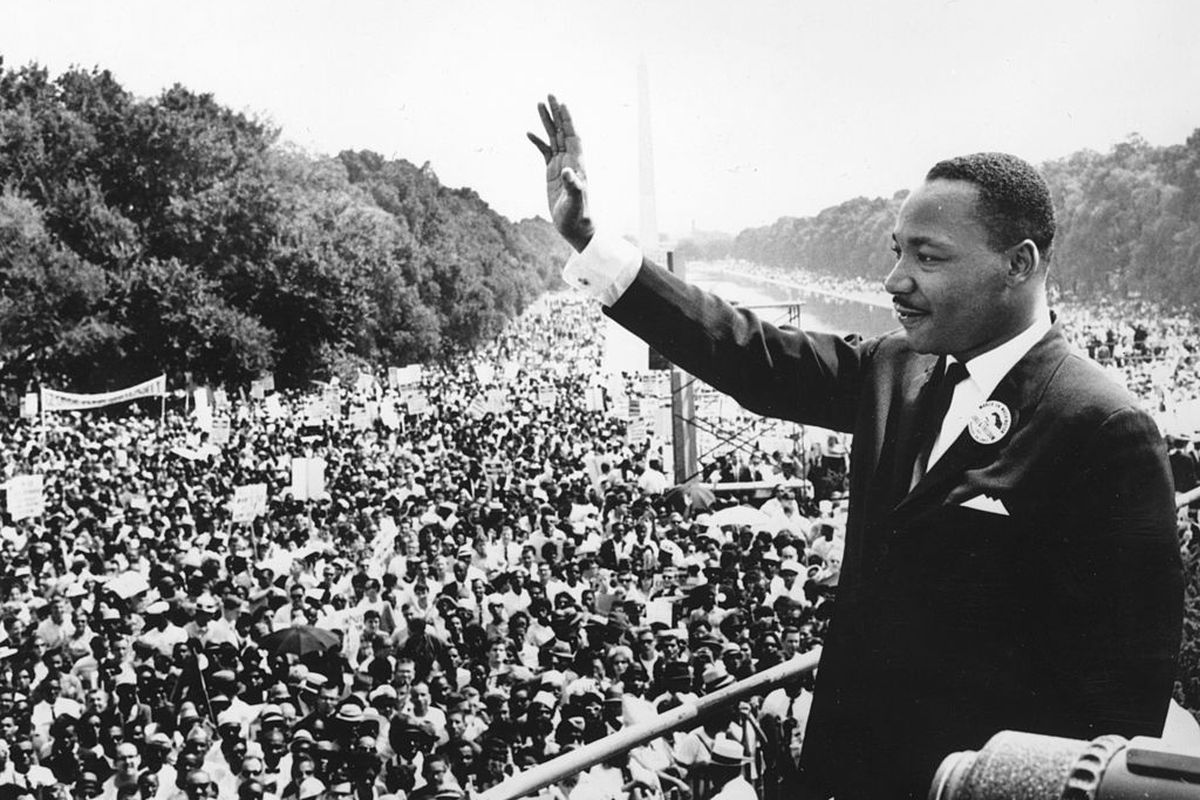













 ure Report.
ure Report. 